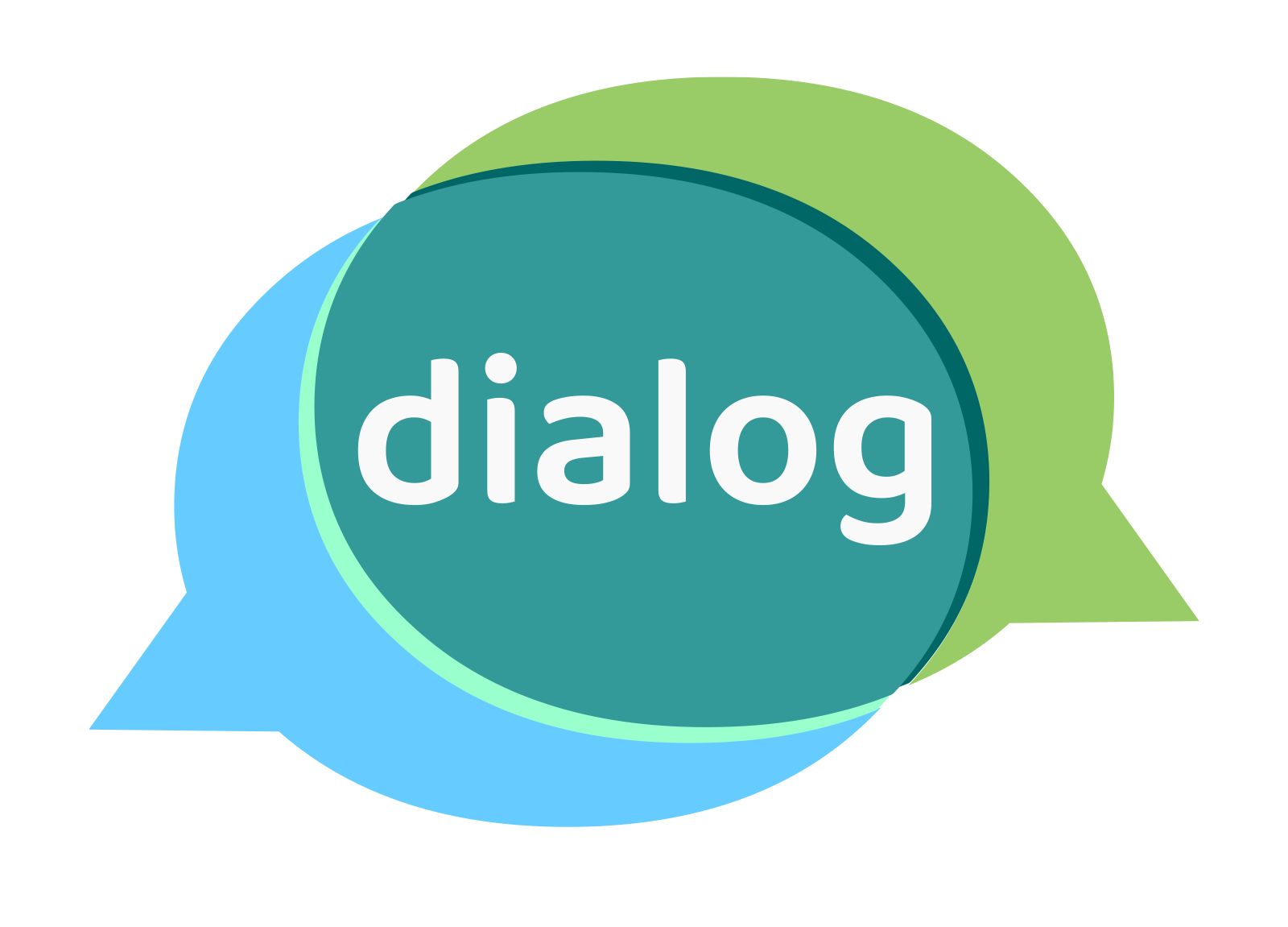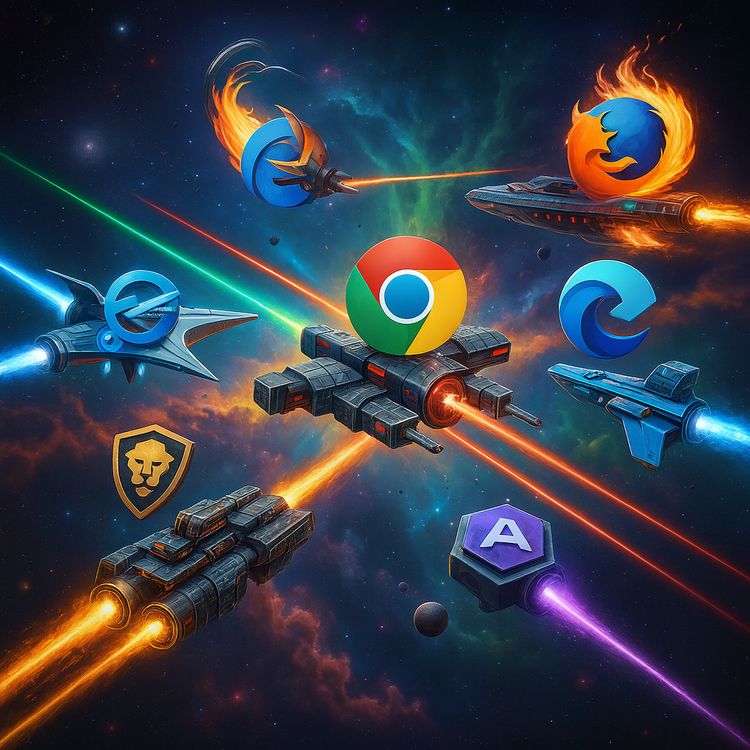Google > ChatGPT, Dead Internet, No GBP, Rolling Stone v. Google

Bananas: Gemini Overtakes ChatGPT
Investors are reacting strongly to Gemini's rise to the top of Apple's App Store rankings over the weekend, pushing Google's valuation to more than $3 trillion. This was not about people embracing Gemini as an alternative to ChatGPT. Rather it was the mainstream discovery of Gemini 2.5 Flash Image, aka "Nano Banana." Released in August, this is Google's answer to ChatGPT's March 4o Image Generation update, which included the ability to create images in the style of Studio Ghibli animation. People went crazy for it and OpenAI CEO Sam Altman said, at the time, on Twitter that the company was adding a million users an hour when it launched. Something similar has happened here. After an initial scandal over "woke" imagery, Gemini shut down its image creation tools for months. It slowly rolled out a new version of Gemini images culminating in Veo3 and Nano Banana. Gemini's general market share still lags far behind ChatGPT, which has 78% of US AI usage. Yet it's fascinating how image search and novelty uses have driven adoption, as in the earlier case of ChatGPT 4o. Until now the breakout hit for Gemini has been NotebookLM, whose podcast voice-AI feature probably saved that tool from the "Google Graveyard." It remains to be seen if Nano Banana adopters start to use Gemini more broadly for tasks other than image creation.
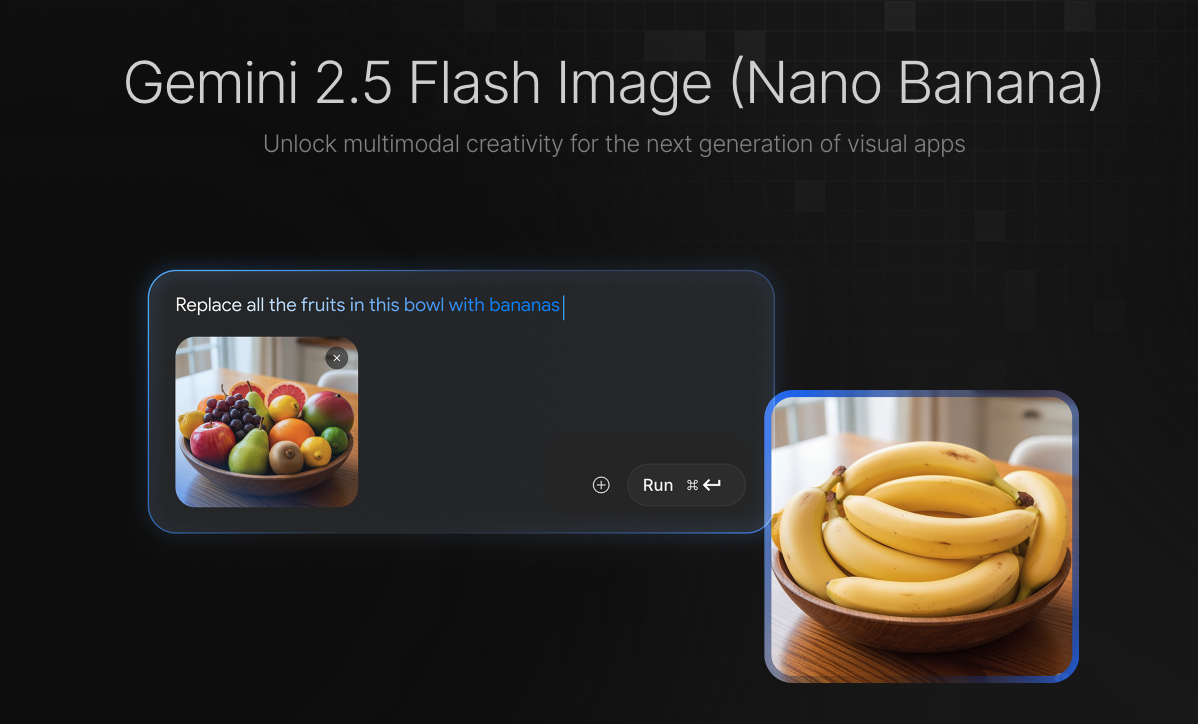

Are Bots Killing the Internet?
A few weeks ago Google was caught arguing in federal court (page 5) that the open web is in "rapid decline," after saying multiple times to PR outlets that it was thriving. So which is it? There's an emerging consensus that the web is declining. OpenAI CEO Sam Altman casually said two weeks ago, "I never took the dead internet theory that seriously but it seems like there are really a lot of LLM-run twitter accounts now." And security firm Imperva recently stated, "For the first time in a decade, automated traffic has surpassed human activity, accounting for 51% of all web traffic." Beyond this, ad impressions are increasingly being served to bots rather than people, wasting billions. Google image search, Pinterest and YouTube are seeing more AI-generated, non-human content. For example, YouTube is being flooded by AI podcast slop. AI agents and "agentic browsers" could super-charge these trends, as businesses and e-commerce vendors increasingly cater to bots rather than humans who visit fewer websites or simply wait for "answers" to be delivered. This creates a crisis for most traditional content publishers. Accordingly, many are putting up paywalls, which makes the open web less and less open. As AI tools get better and AI content gets cheaper, expect more AI content and more bots – everywhere.


SMB Marketer: Social, Video, AI – No GBP
Watch this video interview with Alexandra Lourdes, who is a Las Vegas restaurant group owner and co-owner of a hospitality consulting agency. The discussion is about restaurant marketing. She talks mostly about social media and video in particular. She also describes how she uses ChatGPT. She doesn't talk about using it for marketing content or review responses; she talks about how she uses it for creative brainstorming (e.g., drink ideas, drink name ideas) and for marketing ideas (e.g., what videos to create). Accordingly, her marketing appears to be heavily video-centric and focused on TikTok, Instagram, YouTube and Snapchat. Significantly, she does not talk about Google local or Maps at all, which may be a function of the interviewer's areas of interest or expertise (or lack thereof). There's no mention of Google Business Profile optimization, reviews or search. The restaurants she co-owns do have claimed GBPs but it's interesting that there's zero discussion of Google here. Previously Dialog found that only 43% of SMBs (up to <500 headcount) had claimed their profiles on Google or Yelp. And BrightLocal recently found an even more dismal number: only 35% of SMBs had claimed their GBPs. This is pretty consistent with what we've seen over time; SMBs are much more focused on social than search and SEO. Social is much more intuitive and accessible to them. Google and SEO are more technical and opaque.
Source: LinkedIn

New Google AIO Lawsuit
Penske Media, which owns Rolling Stone, The Hollywood Reporter, Variety and other publications, is suing Google. Specifically, it alleges (in the complaint) that Google has violated the Sherman Antitrust Act by coercing publishers into providing their content to Google, which Google then repurposes and republishes in AI Overviews. That in turn siphons off traffic (zero-click), depresses revenues and unjustly enriches Google, the complaint argues. Penske says it has suffered lost ad revenue, affiliate and subscription revenue. It further argues that Google has reduced the value of its content. It's asking for monetary damages, an injunction and legal fees. Penske asserts that affiliate revenue dropped by more than a third since the end of 2024. Google will undoubtedly argue that Penske's traffic problems have little to do with AI Overviews and Google has no obligation to deliver a predictable flow of traffic to Penske's publications. Penske also says it cannot prevent its publishers' content from appearing in AI Overviews. The Google "default-search" antitrust court specifically declined to allow publishers to opt-out of AI Overviews/AI Mode without also opting-out of Google's general index. On that basis, this case has a decent chance of success, given the prior finding of antitrust liability against Google. It's the second case to directly take on AI Overviews, following Wolf River Electric's earlier filing in March in which the company alleged defamation from Google's AI Overviews.
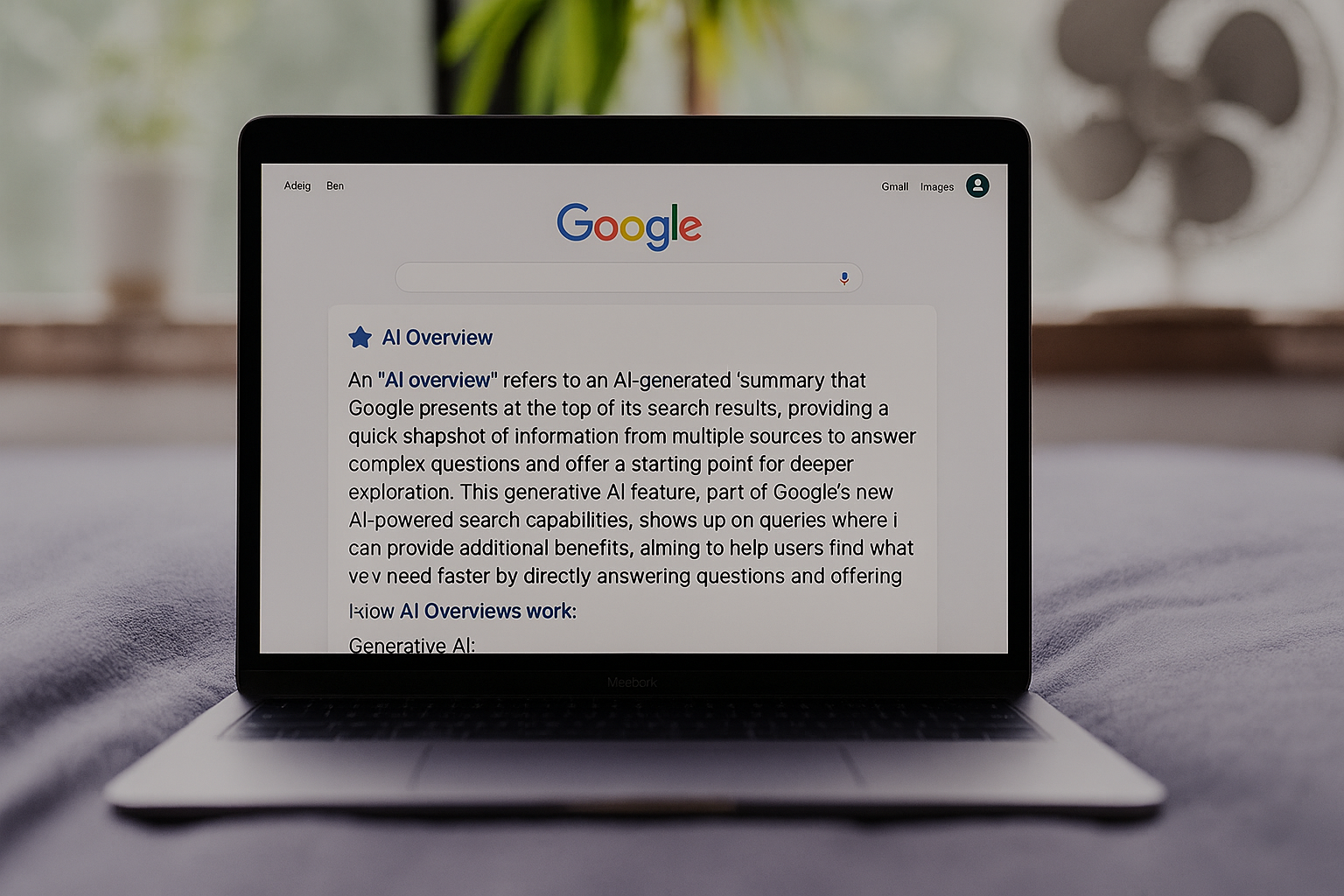

Amazon 'Hear the Highlights' Voice AI
Earlier this year Amazon introduced a new feature similar to Google's NotebookLM podcast, but for products. Called "hear the highlights," it's not yet widely available. For those products on Amazon that do have it, a "hear the highlights" button appears below the product image (see below). That initiates a podcast-style conversation between two AI voices, wherein features and reviews are discussed. The content is AI generated, "pulling from Amazon’s product catalog, customer reviews, and information from across the web." It's another layer of abstraction on top of reviews, in the same way that Amazon's shopping assistant Rufus mines product details and user reviews to answer questions. I always ask Rufus, for example, "what do people not like about this product?" On the heels of its answer, Rufus always feels compelled to point out the positives that I haven't asked for. Hear the highlights is potentially useful for people with visual impairments and those who prefer audio delivery of information. But it's also quite inefficient and more of a novelty than anything else right now. But more and more, AI-based review summaries are appearing on sites, which offer convenience but aren't fully transparent. Two-third of users typically don't actually read review text (vs. looking at stars, review volumes). It will be important to watch how these abstraction layers impact review consumption, writing and review fraud, which they totally conceal.
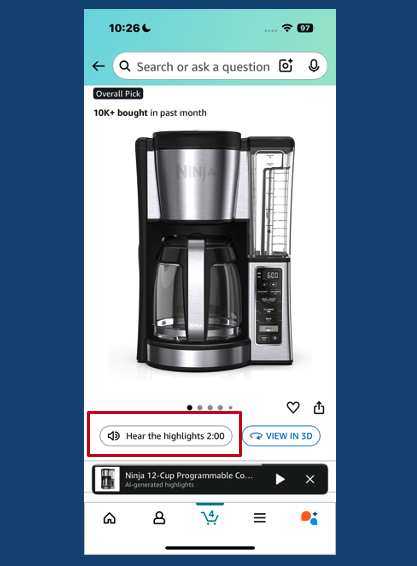

Everything Else
- Data: AI adoption seems to be declining for larger firms.
- The benefits of AI will not be equally distributed but concentrated.
- Google Live assistant to integrate Google Maps places data.
- OpenAI on pace to 3x revenue this year to $13 billion.
- ChatGPT-5 hallucinates more than earlier models.
- OpenAI: hallucination a function of training not inherent defect.
- Why agencies need to become AI resellers to survive.
- Ranking today is about "brand optimization" across channels.
- MSFT: to get full value from AI, the workday needs to be reimagined.
- Malawi farmers using AI for farming advice amid climate change.
- I won't leave him: women who love their AI companions.
